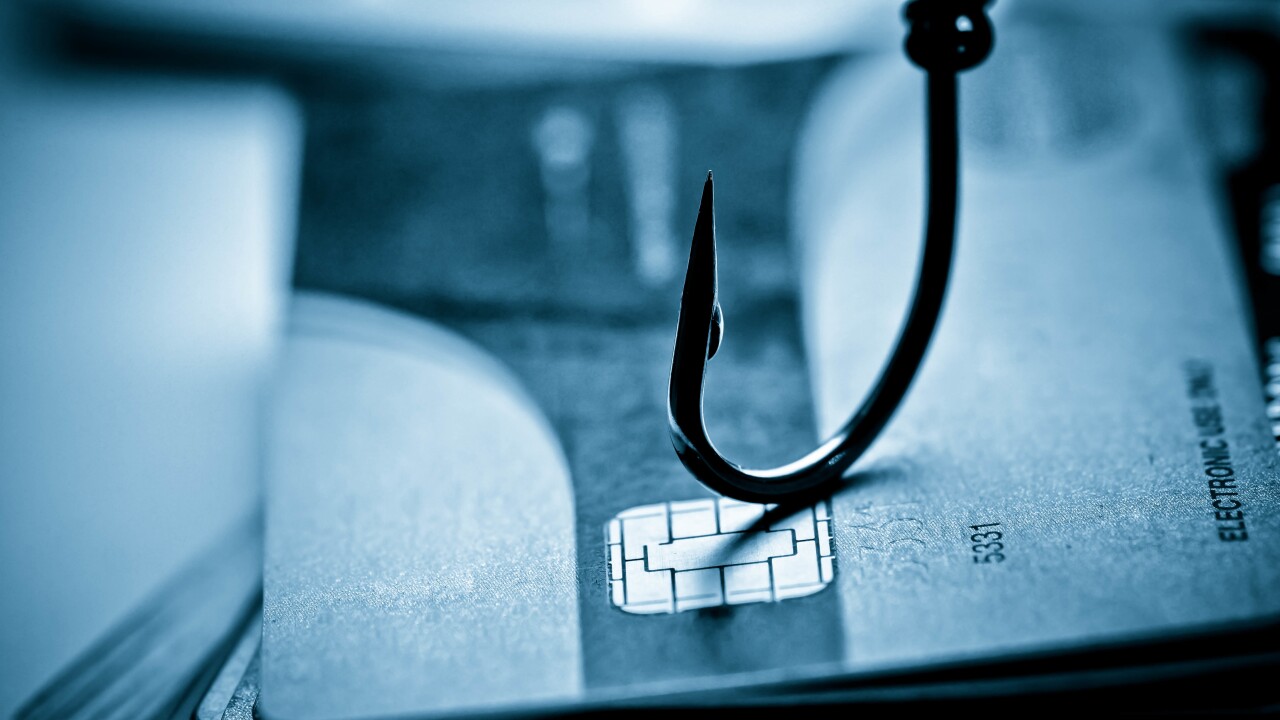-
Even though much of PCI data is stored and maintained on mainframes, many are currently not being evaluated or scanned accurately for PCI DSS compliance, writes Ray Overby, co-founder and president of Key Resources.
July 12 Key Resources
Key Resources -
The Bank of England, together with the Financial Conduct Authority and the Prudential Regulation Authority, has cautioned U.K. banks to prepare for cyberattacks and technical failures.
July 11 -
Fallout from the Equifax breach is coming into clearer focus as more companies begin pinpointing its effects over the last several months.
July 11 -
Bancor, an Israeli startup that facilitates trading in digital tokens, said a criminal made off with a $13.5 million cache, mostly comprised of Ether.
July 10 -
When GDPR went into effect in May, it was expected that the European law would touch a lot of U.S. payment companies because of their international scope. Now it's clear that even purely domestic U.S. firms will have to adhere to some version of the data-privacy law.
July 10 -
The consortium's Corda Enterprise is designed to let blockchain applications exist behind a company’s firewall but still interact with outside partners.
July 10 -
All service providers, even those with a strong security posture, are only as secure as the Home Depots, LinkedIns and Equifaxes of the world, argues George Avetisov, chief executive of HYPR.
July 9 HYPR Corp.
HYPR Corp. -
A new malicious spam campaign that has been targeting Internet users in the U.K. serves as an important example of how banking malware targets business as well as home users.
July 6 -
Hotels have elaborate systems to capture lodging fees and other purchases charged to rooms, but when customers book special events such as weddings or conferences, payment security can be more of a problem.
July 3 -
Nonlisted encryption solutions are designed for easier deployment, but often lack many of the key attributes of PCI-listed point-to-point encryption products, writes Ruston Miles, founder and chief strategy officer of Bluefin.
July 3 Bluefin
Bluefin





